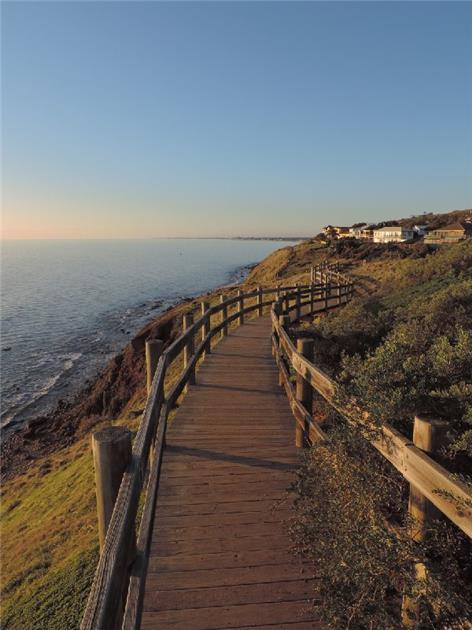The exercise clinic is actually co-located with the chemotherapy or radiation therapy wards at Edith Cowan University in Perth, Australia, because it makes treatment and recovery more effective. In 2005, a review of all papers up to that time turned up 24 studies in the whole world which had looked at exercise in cancer patients. Now there are literally hundreds of very solid research papers on this topic.
Robert Newton, director of the Exercise Medicine Research Institute at Edith Cowan University says "It's interesting though that there are around 10 or 11 potential mechanisms by which exercise actually suppresses tumour growth. So we know that people, if they become physically active or they stay physically active post their diagnosis of cancer, they are much more likely to survive. And that benefit is somewhere between 50% and perhaps 80% benefit, so in other words you more than double your chances of surviving your cancer."
While not CLL specific, as Robert Newton concludes: "The consistent message across all the cancer consensus statements…so this is the American Cancer Society for example, which is one of the leading authorities in the world in oncology, and their clear message is to avoid a rest strategy, that people with cancer need to be active on most if not every day and they need to try and meet the minimum guidelines. And any form of physical activity is better than adopting a sedentary lifestyle. If you actually adopt a sedentary lifestyle because of your cancer and its treatment, then your quality of life will be more impacted, and your health will be worse, and in fact you are much less likely to survive your cancer."
and
"Certainly we know that in terms of chemotherapy, if you are physically active, if you exercise, then you are much more likely to tolerate treatment, you're much more likely to complete the full course of treatment, which of course means your survival chances are greatly enhanced, but you will experience much less of the side effects of chemotherapy, in particular the overwhelming fatigue and nausea that is associated with chemotherapy. We know that people who exercise through their chemotherapy have a much better time of it."
Transcript
abc.net.au/radionational/pr...
Podcast
mpegmedia.abc.net.au/rn/pod...
See also Exercise can improve cancer recovery and reduce health-care costs: healthunlocked.com/cllsuppo...
Neil
